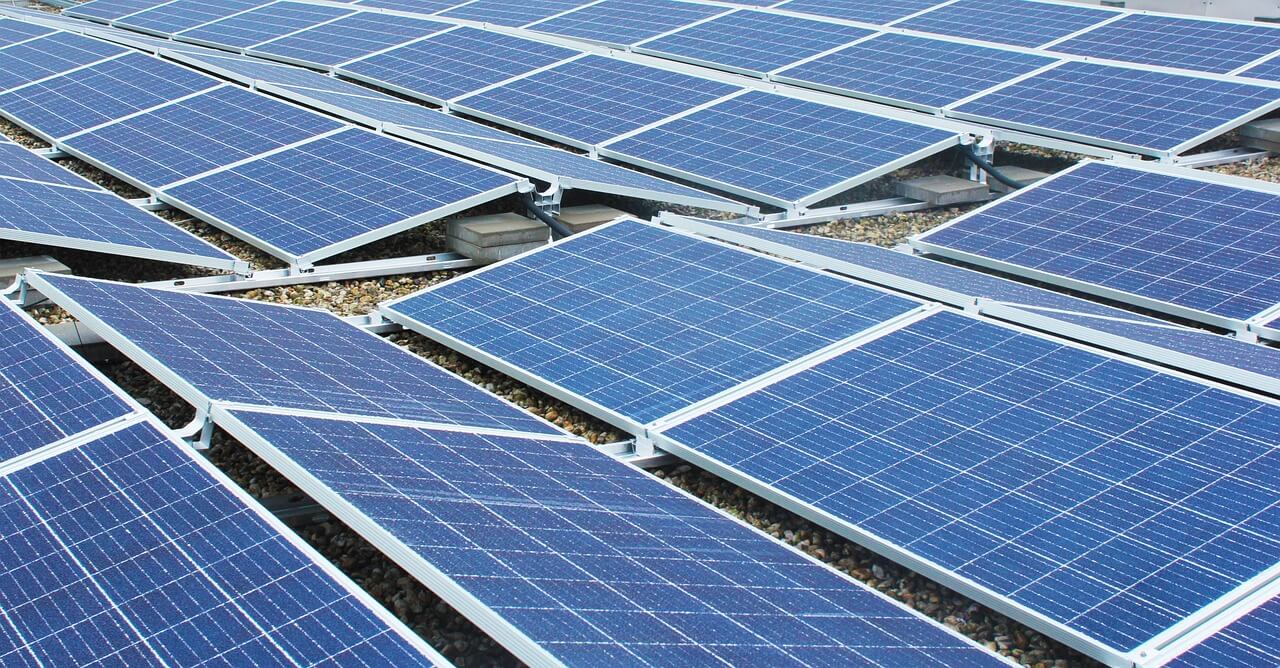Recently, the Central Electricity Authority (CEA) has issued new regulations on the safety and power supply of battery energy storage systems (BESS). These regulations will take effect after being published in the official gazette and cover rules for the installation and operation of BESS assets, including battery management systems (BMS) and power conversion systems (PCS).
The regulations include both general and more specific rules. General rules require fire and explosion prevention testing, charger design tailored to specific battery chemistry, and the integration of two-fault tolerance mechanisms in the design to prevent catastrophic failures. Additionally, PCS and BMS are required to play a critical role in safety monitoring and control.
More specific requirements include explosion-proof design at the container level, a 7.5-meter spacing between the BESS enclosure and exterior walls or roof overhangs, as well as mandatory large-scale fire testing (LSFT), ventilation, hazard detection and suppression, safety systems, and emergency shutdown techniques. The CEA also mandates third-party fire safety audits, with reports submitted to relevant fire safety inspectors, and requires trained professionals from local government agencies to be available in case of a fire.
Following a wave of calls for safety standards for BESS in the EU region, the UK has recently proposed similar requirements. The US, with a more mature regulatory and standards landscape, is expected to include LSFT requirements in the upcoming edition of NFPA 855 by the National Fire Protection Association (NFPA), which many industry companies have already adopted as best practices.
The CEA guides activities in India's power sector and projects that by 2031-2032, India will require a significant amount of energy storage capacity, including a total of 74 GW/411 GWh from batteries and pumped hydro energy storage (PHES), to achieve its goal of 500 GW of non-fossil fuel electricity by 2030 and stay on track for a net-zero power system by 2070.
At a recent seminar, CEA staff and attendees suggested that the value of energy storage systems in broader power grid applications, including frequency regulation ancillary services and voltage support, should be better realized. Additionally, they recommended establishing a national-level testing and certification laboratory to ensure compliance with standards for energy storage systems and enhance the credibility of domestic manufacturing systems. Other suggestions included providing incentives for the production of key components of energy storage systems, such as BMS, fire prevention equipment, liquid cooling thermal management systems, and BESS containers.
SMM New Energy Industry Research Department
Wang Cong 021-51666838
Ma Rui 021-51595780
Feng Disheng 021-51666714
Lv Yanlin 021-20707875
Zhou Zhicheng 021-51666711
Zhang Haohan 021-51666752
Wang Zihan 021-51666914
Wang Jie 021-51595902
Xu Yang 021-51666760
Chen Bolin 021-51666836



